Religious Studies
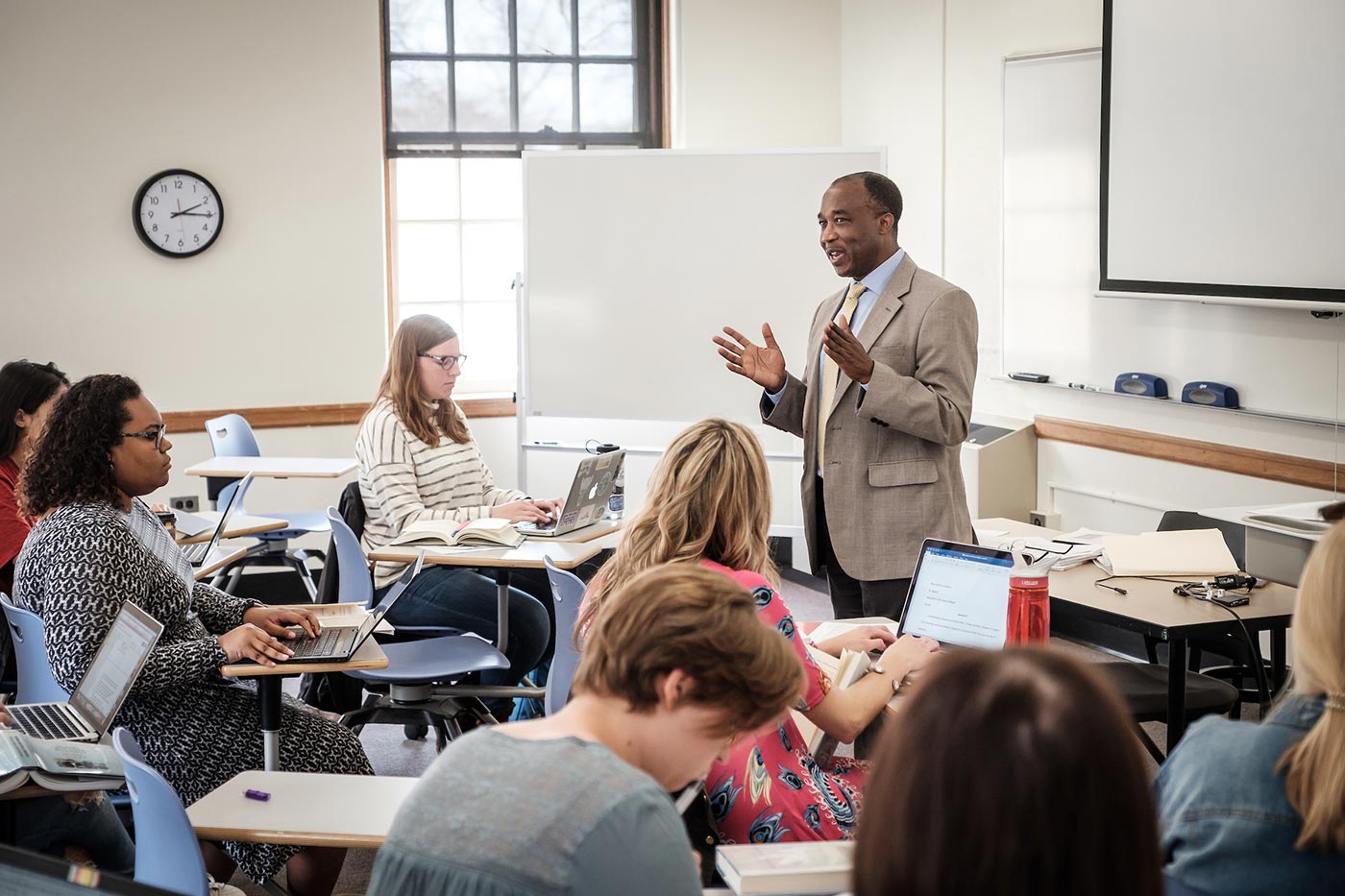
Religious Studies Degree
Bachelor of Arts, Minor
Program Type:
Major, Minor
Career Path:
Humanities
Program Site:
College or School:
Why study Religious Studies?
If you want to understand world history, conflict and reconciliation, there may be no better discipline than Religious Studies. While degrees in the major can lead to careers in faith-based positions, their applications are now far and wide. They produce or enhance skills in cross-cultural communication; empathy and tolerance; observation and listening; and general interdisciplinary interest and connection.
- Wake Forest’s major includes a concentration in Religion and Public Engagement. In it, students apply classroom knowledge to public work in research projects, service-learning opportunities and academic-credit-bearing internships. Over its history, the concentration has sent students to places as near as downtown Winston-Salem and as distant as a prison ministry in South Africa.
- The Religious Studies major consists of three core areas: Biblical Studies; Religion, History and Society; and World Religions.
The Religious Studies degree is offered as a Bachelor of Arts (B.A.) and a minor.
What classes would I take?
Our model and curriculum educate the whole person and often help students discover interests they had never previously discovered. Students generally take 100-200 level courses during their first year of college, while registering for higher level courses as upperclassmen.
Sample courses* that you may take as a Religious Studies student include:
100-200 level
- Hebrew Literature
- The Bible in America
- Excavating the Sacred
- Against God: Atheism, Secular Humanism, & the Problem of Belief
- Religion and Race
300 level
- Ritual Studies
- Magic, Science and Religion
- Field Research in Biblical Archeology
- Jesus Traditions
- Religious Traditions and Human Rights
* Course availability and offerings can change at any time. Refer to the Academic Bulletin to view all major requirements.
What kind of experience will I gain?
Because religions and the religious deal with questions of meaning and orientation, religious studies provides a place for students to explore in a disciplined fashion the ways in which humans have struggled to make sense of themselves and their world.
To study religion is to study responses, both behavioral and intellectual, to some of the great questions of human life, including origins, death, suffering, hope, love and the nature of the self. Religion is not a narrow, isolated segment of individual and social life. Rather, it is a constellation of beliefs, values, practices and behaviors that deeply inform personal and public life. When you study religion, you are not studying just a set of official dogmas or rituals that are isolated from real life.
You are studying what motivates and influences most people in our world. As a result, the study of religion requires a variety of disciplinary approaches, bringing together perspectives and approaches from history, sociology, anthropology, philosophy, literature, theology and social theory to gain a more comprehensive understanding of the persons and communities that constitute religious traditions. Thus, the interdisciplinary character of religious studies can provide an unusually integrative matrix for the student’s undergraduate experience.
Religious Studies students will have enhanced understanding of cultural diversity and the complexity of diverse world views. International and historical perspectives will in turn provide the wider context for students’ understanding of their own culture, as well as provide preparation for careers in international relations, development, and commerce.
Students in this program will develop the following skills:
- Cross cultural communication
- Critical empathy and tolerance
- Understanding of cultural diversity and the way diverse world views inform human behavior and motivations
- Ability to think critically and analytically
- Research and organizational skills
- Written and oral expression of ideas
- Critical appreciation and understanding of the interdependent nature of human activity in fields as diverse as religion, politics, economics, sociology, psychology, and the arts
- Reflectivity
- Flexibility
- Adaptability
- Analysis and Synthesis of Ideas
- Leadership
Are there extracurricular activities?
Joining a club or organization is a great way to get involved and do more with your major. Our Religious Studies students participate in the following programs:
- Athletes in Action
- Baptist Student Union
- Campus Ministry
- Catholic Community
- Chabad
- Chi Rho
- CRU
- Episcopal Student Fellowship
- Global Food Committee
- Hindu Students Association
- InterVarsity Christian Fellowship
- Lutheran Student Movement
- Muslim Students Association
- Presbyterian Student Fellowship/UKIRK
- The Rosenblatt Family Hillel
- Wake Saturdays
- Wesley Foundation
- Young Life College
What kind of job can I get?
Careers that often interest Religious Studies majors, and fields our graduates work in, include:
- Non-Profit Work
- Community Development
- Counseling
- Business
- Computer Science
- International Relations and Development
- Law
- Medicine and Health Professions
- Ministry
- Publishing
- Social Service
- Teaching (high school and higher education)
Graduates in Religious Studies have become teachers; licensed therapists; substance-abuse treatment leaders; financial analysts; and religious leaders, among others.
Related Programs

Majors & Minors
Choose from more than 50 majors and over 60 minors to find your perfect fit.

Life at Wake
Take a moment to explore all the student experiences that make Wake Forest unique.
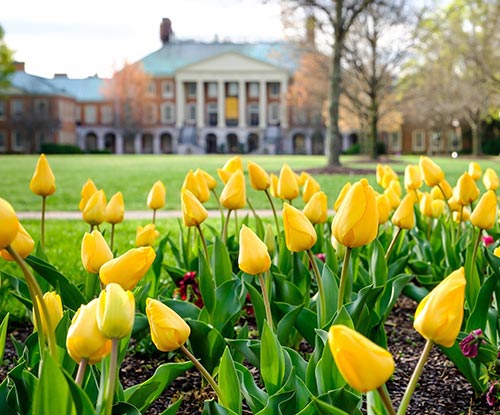
Virtual Tour
Can’t make it for a visit? No problem! Let us show you around campus virtually.
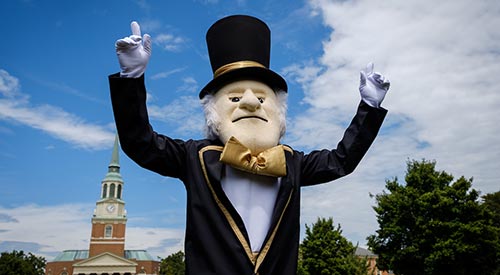
Keep in Touch
Let us know you’re interested in Wake Forest and we’ll do the rest.
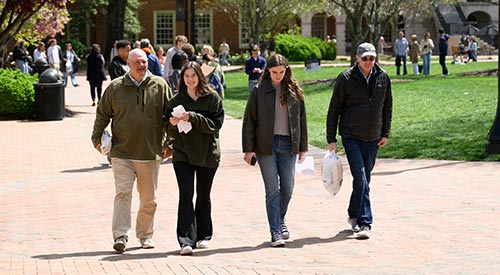
Visit Campus
You truly can’t appreciate the beauty of our campus until you experience it for yourself.
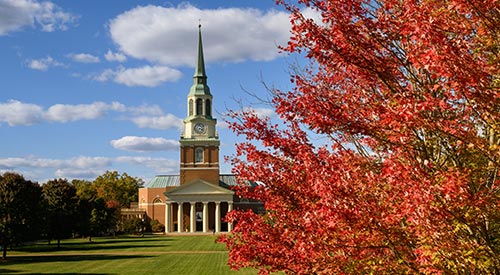
Apply
Want to be considered for our next class of Demon Deacons? Here’s how to get started.
